Force Majeure Clauses and the Pandemic
Businesses all over Oklahoma have struggled as employees self-quarantine, local governments enforce mandatory stay-at-home orders, and supply chains are disrupted because of the global COVID-19 pandemic. If you’re like many other companies in the construction industry, you may be wondering whether you can claim temporary or permanent relief under a force majeure clause. Read on to learn more about force majeure clauses, when they apply, and what you can do if you don’t have a pandemic listed in your existing contracts.
What is Force Majeure?
Force majeure originated in French law and means “greater force.” As a contract clause, it removes liability from the affected party and excuses them from the actions of a contract because of uncontrollable circumstances that prevented or inhibited their fulfillment of said actions. It’s a desirable contract clause because it protects the affected party from being in breach and facing consequences for circumstances the party could not control.
Two broad categories of events constitute force majeure: natural and human. Natural events include occurrences such as floods, fires, tornadoes, or hurricanes. For natural events, force majeure remedies may include timeline extensions, the ability to terminate a contract, or the ability to stop the other party from terminating a contract. Human events include workforce strikes, governmental proclamations and actions, or armed conflicts. Remedies for human events often include the ability to renegotiate prices or modify the project timeline.
Force majeure clauses are standard in construction contracts, but the language in your past and current contracts may not mention global health crises that halt the economy and, in some cases, shut down your entire business. If you haven’t already, it’s time to start thinking about how you can revise the language in your standard contract provision to mitigate your risk better.
Criteria for Force Majeure
For an event to be eligible under a force majeure clause, it must be unforeseeable, external, and unavoidable.
For example, if there’s a large earthquake where your supplier is located and, as a result, you’re unable to get the supplies that you need to complete your work on time, that may constitute force majeure. However, if the supplier is located in a region with frequent tectonic activity, a court may rule that the delay was foreseeable because of the past history of earthquakes, and thus they will not grant force majeure relief.
There are three criteria that courts use when deciding whether to excuse performance under a force majeure clause:
The event must have been beyond the reasonable control of the affected party.
It must have prevented or impeded the affected party from upholding its contractual obligations.
The affected party must have taken all reasonable steps to avoid or mitigate the event and its consequences. The affected party must show, for example, that it searched for a new supplier, but that there was no alternative way to complete the contract actions in a suitable way.
Having a force majeure clause does not guarantee that you won’t be found in breach, but it’s a step in the right direction for limiting your liability.
Giving Notice of Force Majeure
Typically, to get relief under force majeure, the affected party must give notice to the other party with supporting evidence that demonstrates that the non-performance is directly caused by an unforeseen, external, unavoidable event.
It may be helpful to create and implement a system for documenting any steps that your company takes to prevent or mitigate challenging circumstances that could lead to non-performance on a contract. For example, did you have to send your employees home because of a government-mandated stay at home order? Note the date and reason why your business had to close. Did your supplier shut down because of the same, and you were unable to find a suitable replacement at a similar price? List the suppliers that you contacted and the prices and timeline they quoted you.
A note of caution: don’t claim force majeure frivolously. If the other party in your contract is willing to negotiate to extend the timeline, that may be a better option than claiming force majeure relief because it can save you the expense of going to court. It may also help maintain a healthy relationship that could continue to be profitable in the future. Also, depending upon the contract, making a wrongful force majeure claim may result in your company being found in breach, which can carry consequences, such as paying damages.
What if my force majeure clause doesn’t include pandemics?
Adding language that includes pandemics into your standard force majeure clause is a great way to protect your company in the future, but what about your existing contracts that have already suffered because of COVID-19? If you need to claim relief under your existing force majeure clause, you may be able to argue that your non-performance was due to an act-of-God or government action. If you have strong generic language about “events outside the reasonable control of the affected party,” you may be successful in seeking a remedy.
Before sending notices, consult with an experienced attorney to determine whether your existing language applies to COVID-19. If it does not, let’s work on creating a new force majeure clause that you can use in contracts going forward. Reach out today to assess and build a better clause.





